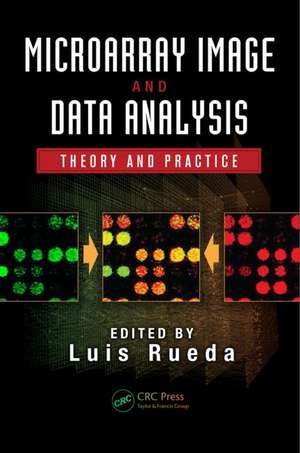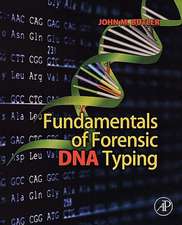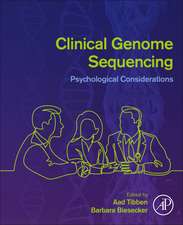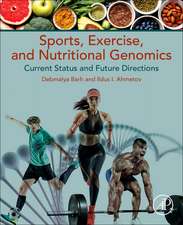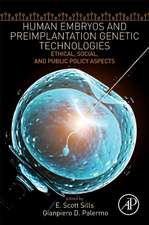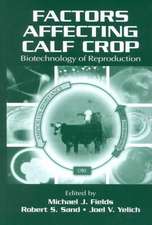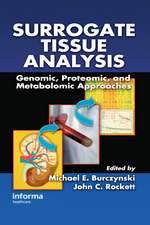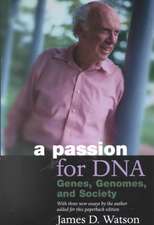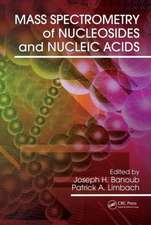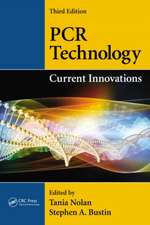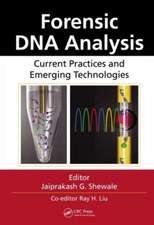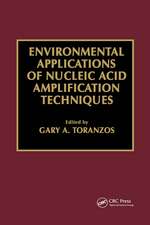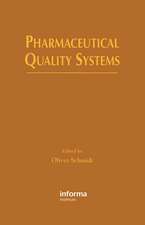Microarray Image and Data Analysis: Theory and Practice: Digital Imaging and Computer Vision
Editat de Luis Ruedaen Limba Engleză Hardback – 6 mar 2014
- Describes the key stages of image processing, gridding, segmentation, compression, quantification, and normalization
- Features cutting-edge approaches to clustering, biclustering, and the reconstruction of regulatory networks
- Covers different types of microarrays such as DNA, protein, tissue, and low- and high-density oligonucleotide arrays
- Examines the current state of various microarray technologies, including their availability and affordability
- Explains how data generated by microarray experiments are analyzed to obtain meaningful biological conclusions
Preț: 688.51 lei
Preț vechi: 994.29 lei
-31% Nou
Puncte Express: 1033
Preț estimativ în valută:
131.75€ • 137.90$ • 109.65£
131.75€ • 137.90$ • 109.65£
Carte tipărită la comandă
Livrare economică 31 martie-14 aprilie
Preluare comenzi: 021 569.72.76
Specificații
ISBN-13: 9781466586826
ISBN-10: 1466586826
Pagini: 520
Ilustrații: 137 black & white illustrations, 51 black & white tables
Dimensiuni: 156 x 234 x 33 mm
Greutate: 0.89 kg
Ediția:New.
Editura: CRC Press
Colecția CRC Press
Seria Digital Imaging and Computer Vision
ISBN-10: 1466586826
Pagini: 520
Ilustrații: 137 black & white illustrations, 51 black & white tables
Dimensiuni: 156 x 234 x 33 mm
Greutate: 0.89 kg
Ediția:New.
Editura: CRC Press
Colecția CRC Press
Seria Digital Imaging and Computer Vision
Cuprins
Introduction to Microarrays. Biological Aspects: Types and Applications of Microarrays. Gridding Methods for DNA Microarray Images. Machine Learning-Based DNA Microarray Image Gridding. Non-Statistical Segmentation Methods for DNA Microarray Images. Statistical Segmentation Methods for DNA Microarray Images. Microarray Image Restoration and Noise Filtering. Compression of DNA Microarray Images. Image Processing of Affymetrix Microarrays. Treatment of Noise and Artifacts in Affymetrix Arrays. Quality Control and Analysis Algorithms for Tissue Microarrays. CNV-Interactome-Transcriptome Integration. Mining Gene-Sample-Time Microarray Data. Systematic and Stochastic Biclustering Algorithms for Microarray Data Analysis. Reconstruction of Regulatory Networks from Microarray Data. Multidimensional Visualization of Microarray Data. Bioconductor Tools for Microarray Data Analysis.
Notă biografică
Luis Rueda is professor for the School of Computer Science, University of Windsor, Ontario, Canada. Before joining the University of Windsor, he earned a Ph.D from Carleton University, Ottawa, Ontario, Canada and spent two years at the University of Concepción, Chile. A member of IEEE, the Association for Computing Machinery, and the International Society for Computational Biology, he holds three patents on data encryption, secrecy, and stealth; has published over 100 journal and conference papers; and has participated in numerous editorial and technical committees. His research is primarily focused on machine learning and pattern recognition in transcriptomics, interactomics, and genomics.
Descriere
This book is a compilation of the latest microarray image and data analysis methods from the multidisciplinary international research community. Delivering a detailed discussion of the biological aspects and applications of different types of microarrays, it examines the current state of microarray technology and describes the key stages of image processing, gridding, segmentation, compression, quantification, and normalization. Featuring cutting-edge approaches to clustering and the reconstruction of regulatory networks, the book explains how data generated by microarray experiments are analyzed to obtain meaningful biological conclusions.
